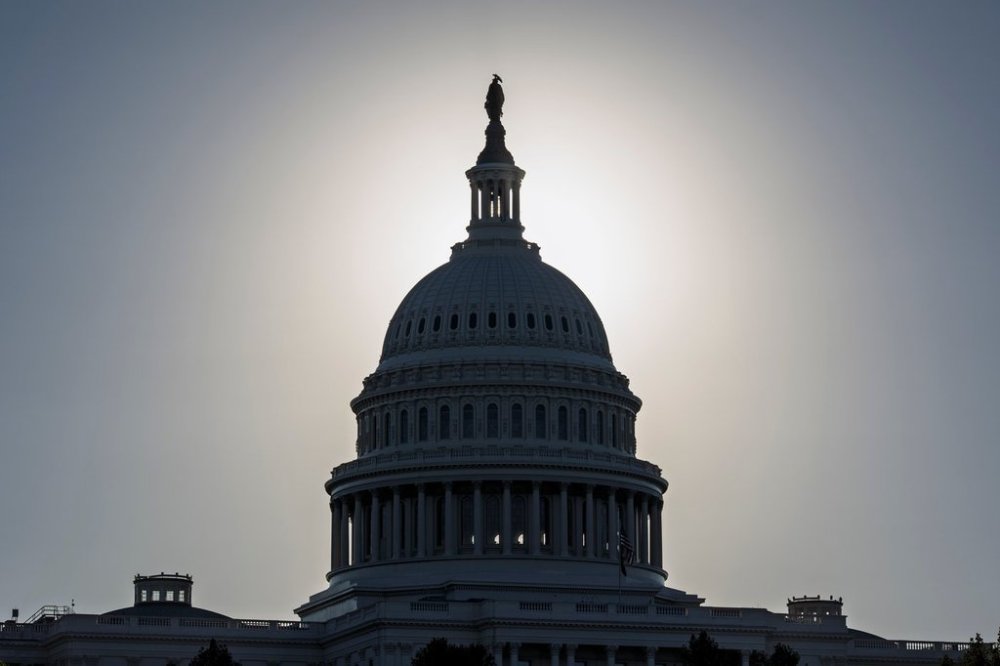AP reader question: What if essential federal workers don’t show up for work?
Advertisement
Read this article for free:
or
Already have an account? Log in here »
To continue reading, please subscribe:
Monthly Digital Subscription
$1 per week for 24 weeks*
- Enjoy unlimited reading on winnipegfreepress.com
- Read the E-Edition, our digital replica newspaper
- Access News Break, our award-winning app
- Play interactive puzzles
*Billed as $4.00 plus GST every four weeks. After 24 weeks, price increases to the regular rate of $19.00 plus GST every four weeks. Offer available to new and qualified returning subscribers only. Cancel any time.
Monthly Digital Subscription
$4.75/week*
- Enjoy unlimited reading on winnipegfreepress.com
- Read the E-Edition, our digital replica newspaper
- Access News Break, our award-winning app
- Play interactive puzzles
*Billed as $19 plus GST every four weeks. Cancel any time.
To continue reading, please subscribe:
Add Free Press access to your Brandon Sun subscription for only an additional
$1 for the first 4 weeks*
*Your next subscription payment will increase by $1.00 and you will be charged $16.99 plus GST for four weeks. After four weeks, your payment will increase to $23.99 plus GST every four weeks.
Read unlimited articles for free today:
or
Already have an account? Log in here »
Here’s a question about the shutdown submitted by an Associated Press reader, Eli B.:
What happens if essential federal workers don’t show up for work?
Here is where we need to get to know the Antideficiency Act, the federal law that lays out which government duties must continue even if Congress hasn’t appropriated funding for them.

It’s also the whole reason that agencies have “essential” and “nonessential” workers at all. Since the act mandates what work must go on, the people tasked with doing that work are obligated to show up.
If they don’t, they could be disciplined, suspended or terminated. They could also create massive disruptions.
Take a look at the 35-day shutdown that stretched from 2018 into 2019, the longest shutdown in U.S. history. During it, thousands of flights were delayed when unpaid air traffic controllers and airport security screeners called in sick.
This created lengthy airport lines, grounded government workers and contractors — and cost airlines tens of millions in lost revenue.
___
Do you have a question for AP about the government shutdown? You can submit it here.

